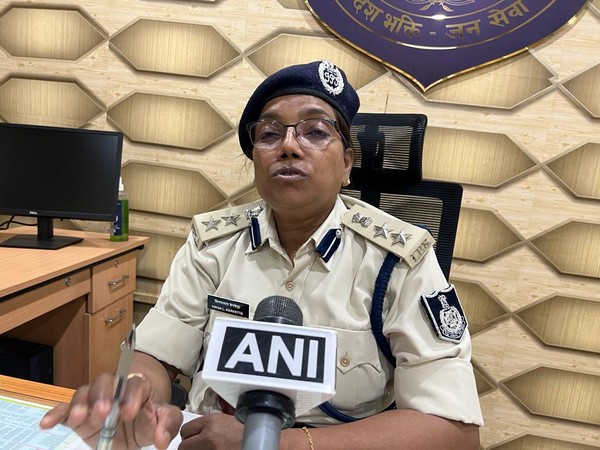The Law Commission of India has submitted its report on the reduction of the age of consent from 18 to 16 and stated that reducing the age of consent will have a direct and negative bearing on the fight against child marriage and child trafficking.
The report further stated that in order to ensure that children get the best environment to grow and flourish, it is necessary to increase awareness regarding child sexual abuse and the varied forms it can take.
Further, as a part of their school curriculum, children can be made aware of their bodies and the various physiological and psychological changes they experience as a part of growing up. Information about sex and the ill effects of engaging in it at a young age can better equip children to make healthier and safer choices in life, stated the commission.
Comprehensive and age-appropriate sex education should be made a mandatory part of the school curriculum and government programs like Rashtriya Kishor Swasthya Karyakram should be utilised to inform and empower the adolescent population of India, the report said.
Law Commission in its report to the Ministry of Law and Justice further suggests that adolescents in the age bracket of 16 to 18 years still remain children who ought to enjoy higher protection of the law and the age of consent cannot be disturbed either by reducing it or introducing a limited exception.
It further states that even though close-in-age exemptions have been largely considered inadequate to deal with the present situation, the Commission considers that the age difference between the victim-child and the accused in such romantic cases ought to be a relevant factor that is to be carefully considered by the court.
However, in light of the existing ground realities, if the age difference between the victim child and the accused is less than three years, the Commission is of the considered view that the introduction of judicial discretion in the matter of sentencing can help alleviate the plight of those truly aggrieved.
A child can be prosecuted as an adult in cases of heinous offences under the JJ Act. Offences defined under Sections 3 and 7 of the POCSO Act are heinous in nature and there is always the danger of the child being tried as an adult even though the sexual act had been consensual. Thus, changes are also required to be brought within the JJ Act in order to ensure that in such cases of romantic relationships, the child is not tried as an adult and gets the benefit of a trial in accordance with the JJ Act, suggested Law Commission of India. (ANI)
Read More: https://lokmarg.com/

